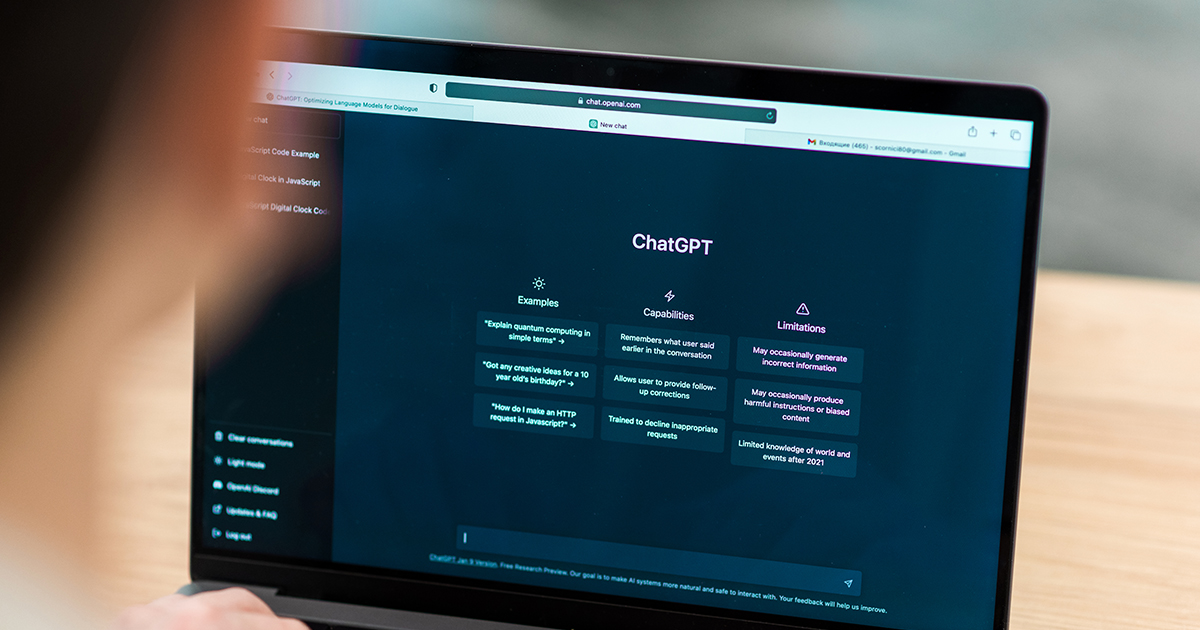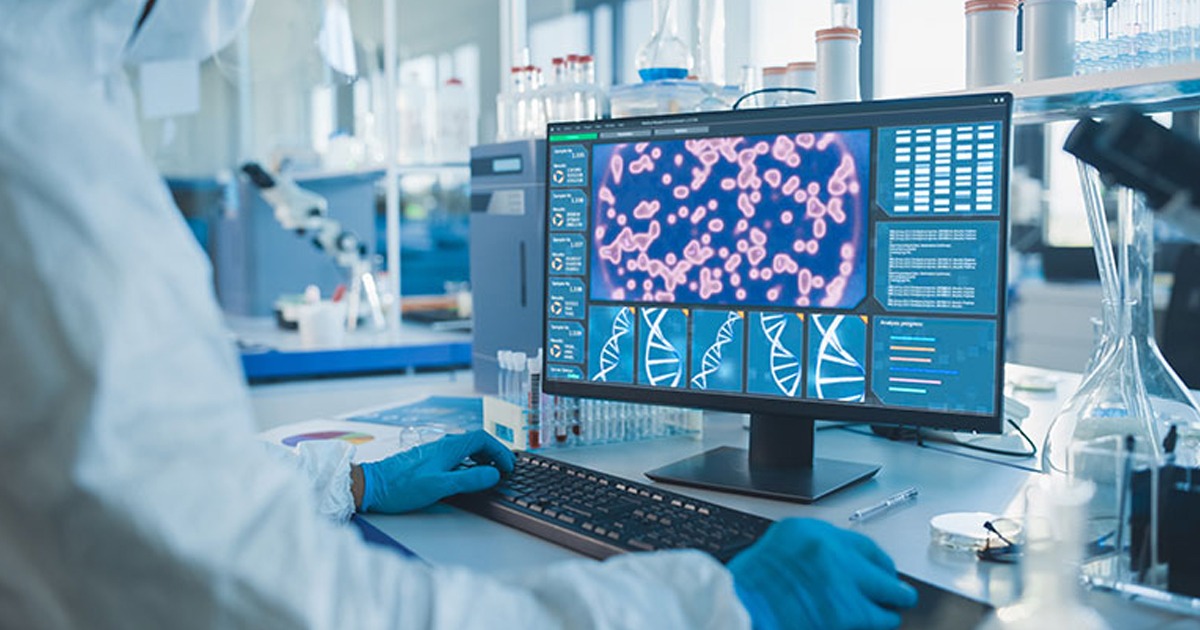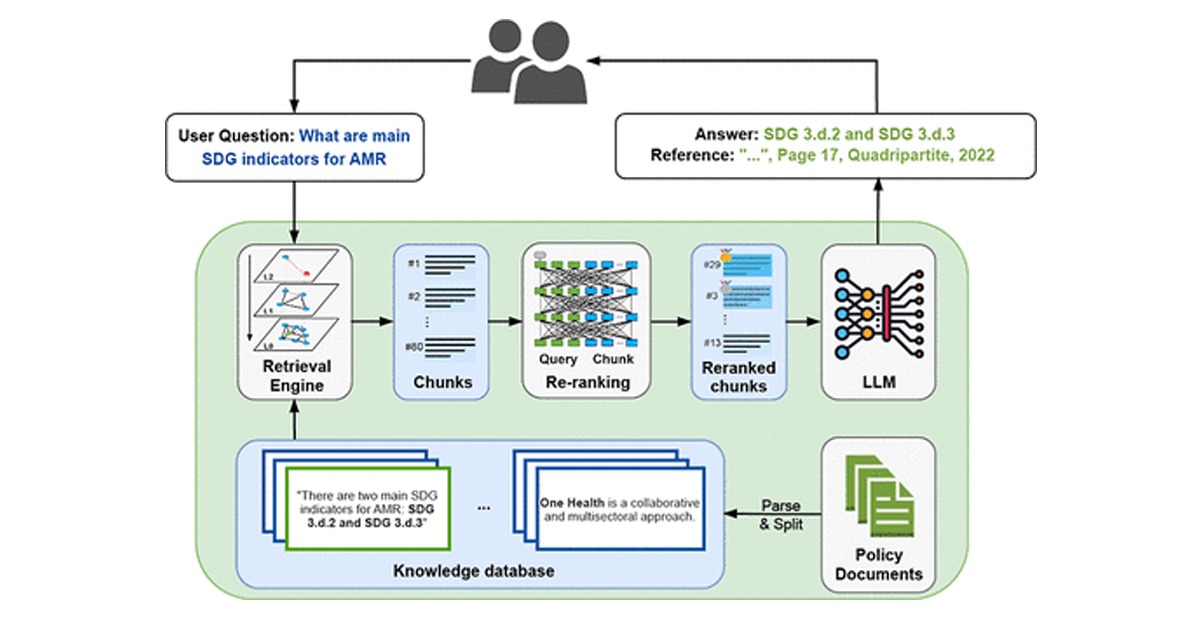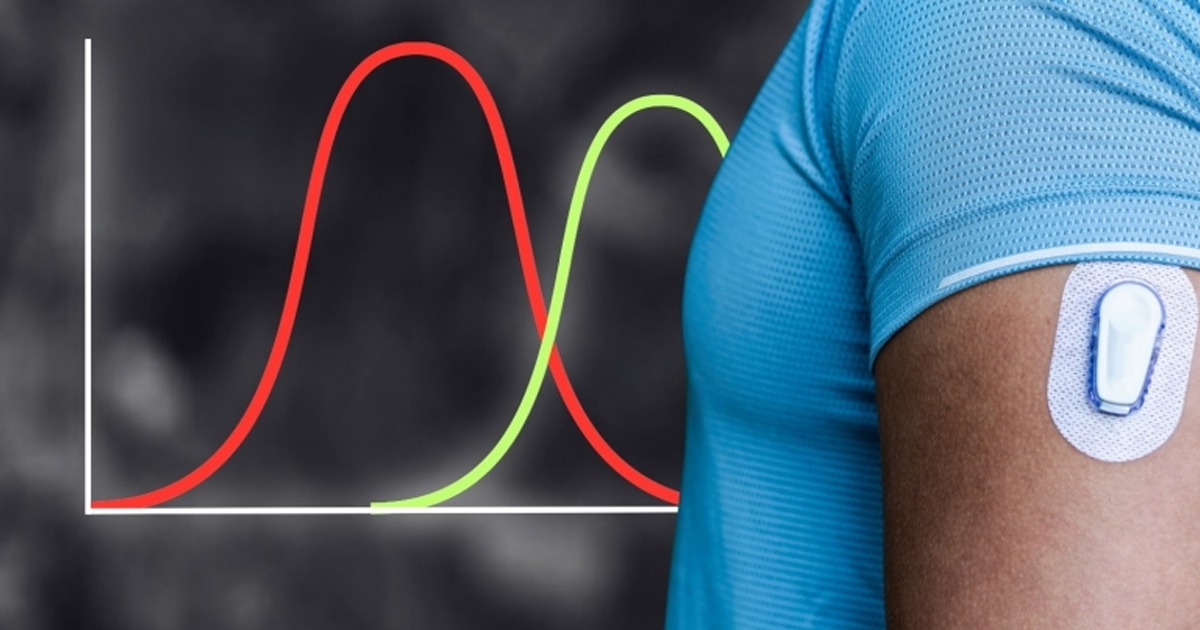A recent study published in Gastroenterology showed that radiomics-based machine learning models could detect pancreatic cancer early in CT scans.
The purpose of the study was the detection of pancreatic ductal adenocarcinoma in the stage prior to diagnosis, that is, from 3 to 36 months prior to clinical diagnosis. To do this, the authors relied on machine learning models based on radiomics to compare the performance of radiologists in case studies.
Mayo Clinic radiologist Ajit Goenka, lead author of the study, acknowledged that pancreatic cancer is a deadly disease, and one of the leading causes of cancer-related deaths. “Up to 40% in small pancreatic cancers may not show up on standard images. As a result, most patients have an advanced and non-curable disease”, detailed the specialist.
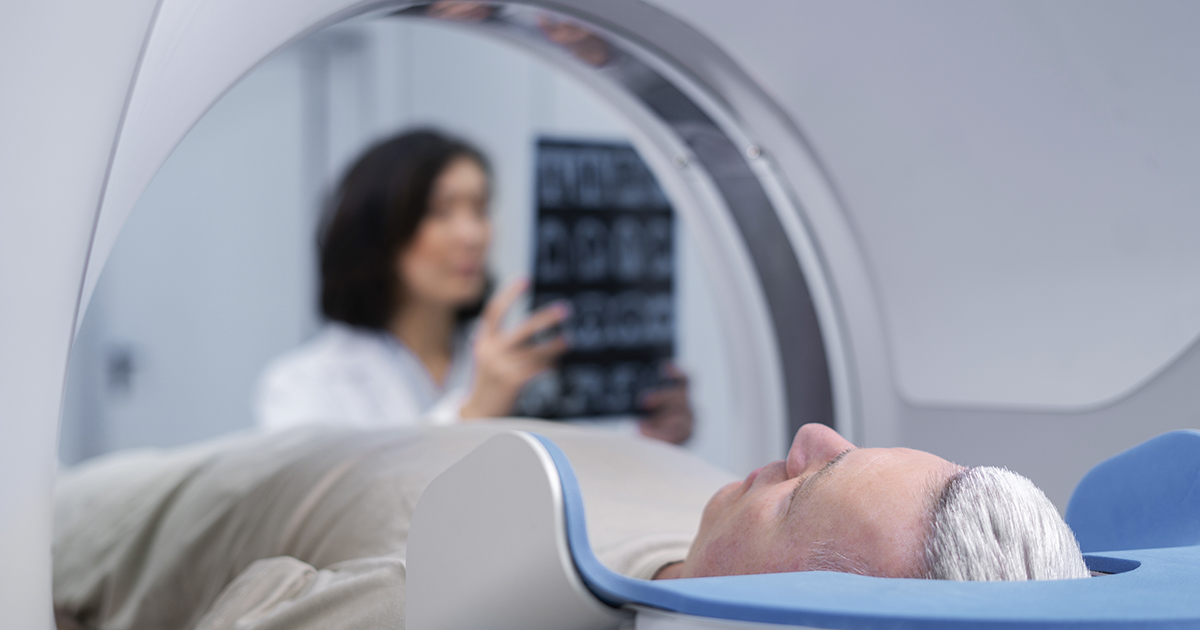
To do this, Dr. Goenka and his team of researchers incorporated Artificial Intelligence (AI), to carry out radiological examinations capable of detecting pancreatic cancer at an earlier and more curable stage. The researcher explains that AI can detect normal-appearing pancreatic cancer on CT scans taken before the first signs of cancer.
The study extracted images of early cancer from scans taken between three months and three years before the onset of cancer, performed for indications unrelated to this disease.
They then used a control group of age-matched patients who did not develop cancer during the three years of follow-up. In this sense, they computationally quantified the metrics of the pancreatic tissue. Based on these data, the researchers built machine learning models to predict future risk of pancreatic cancer at a mean time of 386 days in the range of 97 to 1092 days before clinical diagnosis with accuracies between 94 and 98%.
"By comparison, radiologists were unable to reliably differentiate between patients who developed cancer and those with a normal pancreas," explained Sovan Mukherjee, a data science analyst on Dr. Goenka's team and another of the study's authors. .
The model was tested with variations in image noise, different scanner models, image acquisition protocols, and processing parameters, which did not affect the predictions in any way.
“Our study demonstrates that artificial intelligence can identify those asymptomatic people who may harbor hidden cancer at a stage where surgical cure may be possible. These findings may help overcome one of the key barriers to improving survival for pancreatic cancer patients,” Dr. Goenka concluded.
Check out the full study in the link below:
https://www.sciencedirect.com/science/article/abs/pii/S0016508522007284?via%3Dihub
